Author: Andrew Hamilton
There are more than 200 results, only the first 200 are displayed here.
-
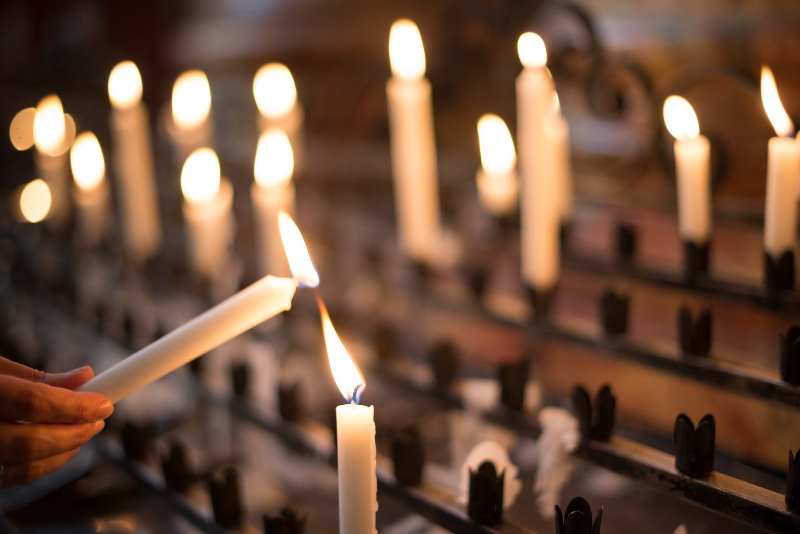
RELIGION
- Andrew Hamilton
- 21 October 2021
44 Comments
One of the challenges facing churches today has to do with tradition. Tradition is a sometimes charged word, but it refers to an everyday social need. It has to do with how a community passes on its way of life and its understanding of authoritative writings that shape it. The word itself can refer both to what is passed on and to the process of passing it on. The challenge of passing on a tradition is perennial. Both ways of living and writings reflect the culture of their own time and so need to be translated into the changing languages of later cultures.
READ MORE 
-

AUSTRALIA
- Andrew Hamilton
- 14 October 2021
16 Comments
During her last year in office Gladys Berejiklian divided people over her response to the Coronavirus. Even her critics, however, praised her decision to resign from office after the Independent Commission Against Corruption (ICAC) announced that it was investigating her conduct.
READ MORE 
-
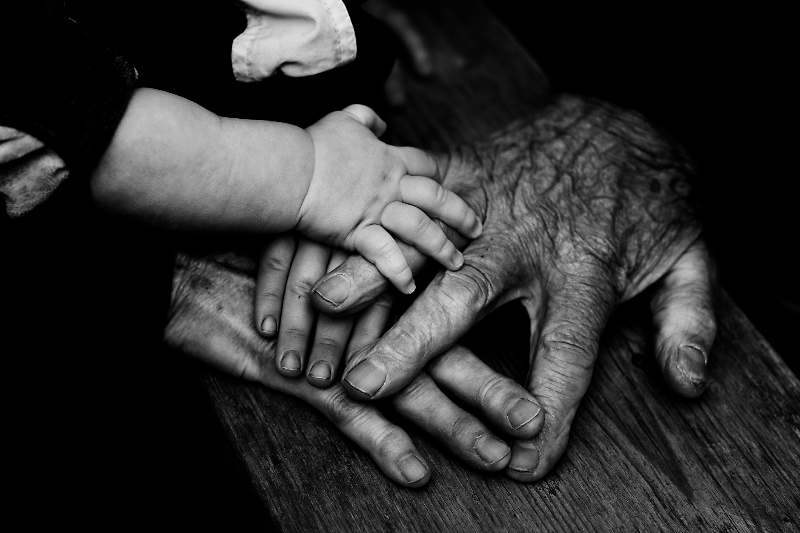
AUSTRALIA
- Andrew Hamilton
- 06 October 2021
40 Comments
Some weeks ago I wrote about the taking of human life and of the loss of its sacred connotations. I argued that the decisive consideration governing recent legislation in such issues as abortion and assisted dying has been the appeal to individual choice, supported by compassion for people who suffer from their denial. Whether we welcome this trend or regret it, as I do, we all have an interest in asking what effect it will have on society. In this article I would like to explore this question in a way that opens rather than closes conversation.
READ MORE 
-
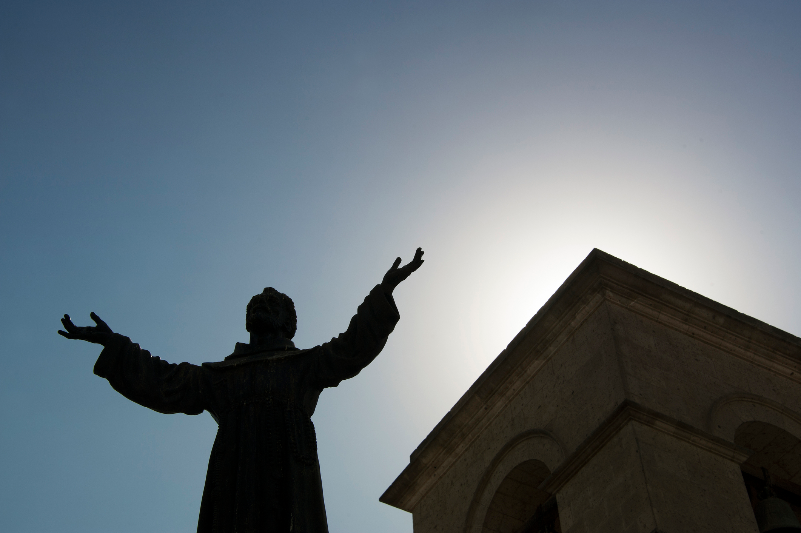
FAITH DOING JUSTICE
- Andrew Hamilton
- 29 September 2021
7 Comments
In the Catholic calendar the Feast of St Francis of Assisi falls on next Tuesday. Although he gave up on wealth, power and influence Francis probably had a bigger effect on his world than any of his contemporaries. He continues to attract people to challenge the values of our society and to spark renewal in Christian institutions at the risk of going stale.
READ MORE 
-

AUSTRALIA
- Andrew Hamilton
- 23 September 2021
15 Comments
Unlike December 25, September 26 is a World Day that passes by in silence. It calls for the Elimination of all Nuclear Weapons. Nuclear power is too mysterious to understand, too horrific to dwell on, and too far away to take responsibility for. It and its destructive power are unthinkable. And yet it continues to press on us, most recently in the announcement that Australia will build nuclear-powered submarines.
READ MORE 
-
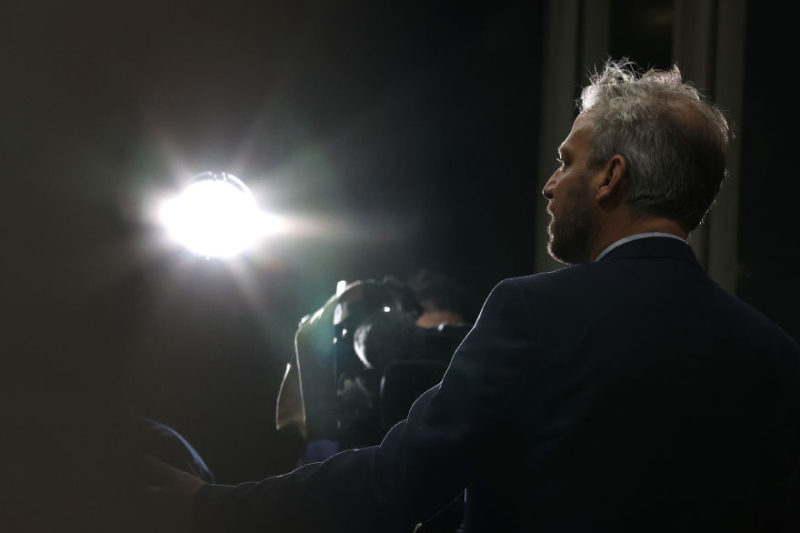
AUSTRALIA
- Andrew Hamilton
- 15 September 2021
7 Comments
A striking feature of the Australia’s path through Coronavirus has been the coming out of epidemiologists and social biologists. From being little known members of small institutes they became rock stars, invited to press conferences, deferred to by politicians, selectively chosen for comment by the media, but also resented by representatives of big business and defenders of individual freedom.
READ MORE 
-

RELIGION
- Andrew Hamilton
- 09 September 2021
24 Comments
In recent weeks the value of human life has become a topic of public conversation in different contexts. Proposed legislation on abortion and assisted dying has continued to focus attention on it. Debate about loosening COVID restrictions has also balanced the risk of death from the disease with risks to health and economic welfare from lockdowns. In Afghanistan the victory of the Taliban has again raised questions about the morality of the war and the killing involved by both sides.
READ MORE 
-
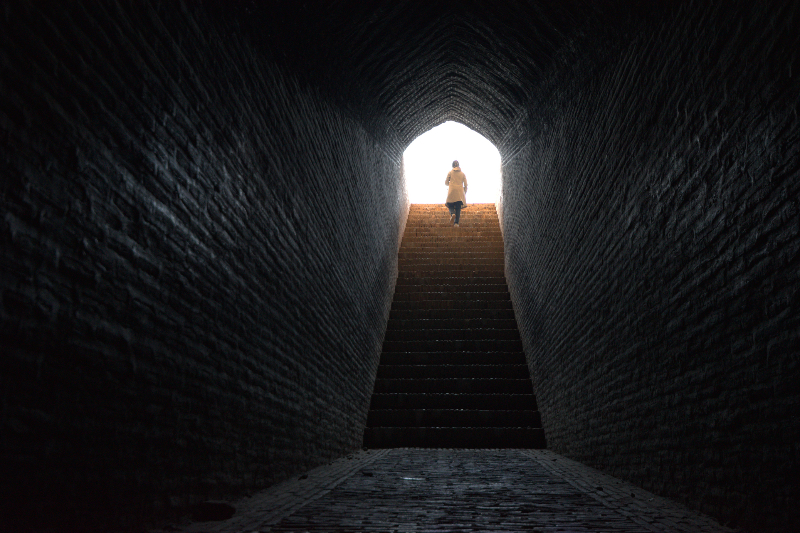
AUSTRALIA
- Andrew Hamilton
- 02 September 2021
11 Comments
As restrictions drag on and the number of infections rises, more Australians are asking when lockdowns can cease. Federal politicians and business leaders have argued the case for a quick ending while claiming the authority of scientists. Science being science, the relevant questions have been tied to numbers. They have asked: how few cases should there be in the community before leaving lockdown? What percentage of the community must be vaccinated before the lifting of restrictions? What number of deaths should be tolerated for the gains of opening the economy? And when precisely should the opening of Australia take place?
READ MORE 
-

INTERNATIONAL
- Andrew Hamilton
- 24 August 2021
14 Comments
Most early commentary on the swift coming to power of the Taliban in Afghanistan has focused on how it happened and who was to blame for it. Much of the blame has been focused on United States President Biden and former President Trump. Increasingly attention has turned to the plight of people in Afghanistan, particularly women and those who helped the occupation forces and women.
READ MORE 
-

RELIGION
- Andrew Hamilton
- 19 August 2021
11 Comments
Last week the annual Catholic Social Justice Statement was launched. Entitled Cry of the Earth, Cry of the Poor, its theme is care for the environment. In the same week the authoritative Intergovernmental Panel on Climate Change (IPCC) Report warned of the need for immediate and radical effort to minimise emissions and of the likely effects of their existing growth.
READ MORE 
-

RELIGION
- Andrew Hamilton
- 12 August 2021
67 Comments
Among Australian Catholics the Plenary Council and the preparations for the Synod in Rome on Synodality have aroused hope and stirred scepticism. It is clear that a Church diminishing in numbers of participants in its public life and in its financial resources, and discouraged by the extent of child abuse by its officers, must find new ways. But that the processes of the Council and the Synod will spark fresh energy for change is not a given.
READ MORE 
-

RELIGION
- Andrew Hamilton
- 05 August 2021
60 Comments
Critical Race Theory, which has recently been banned ineffectively by the Australian Senate from the National Curriculum, has everything going for it as a lightning rod. It has an acronym (CRT), opacity and an air of self-importance. It is also associated with a controversial social movement: Black Lives Matter. The theory does not need to be understood before generating heat.
READ MORE 